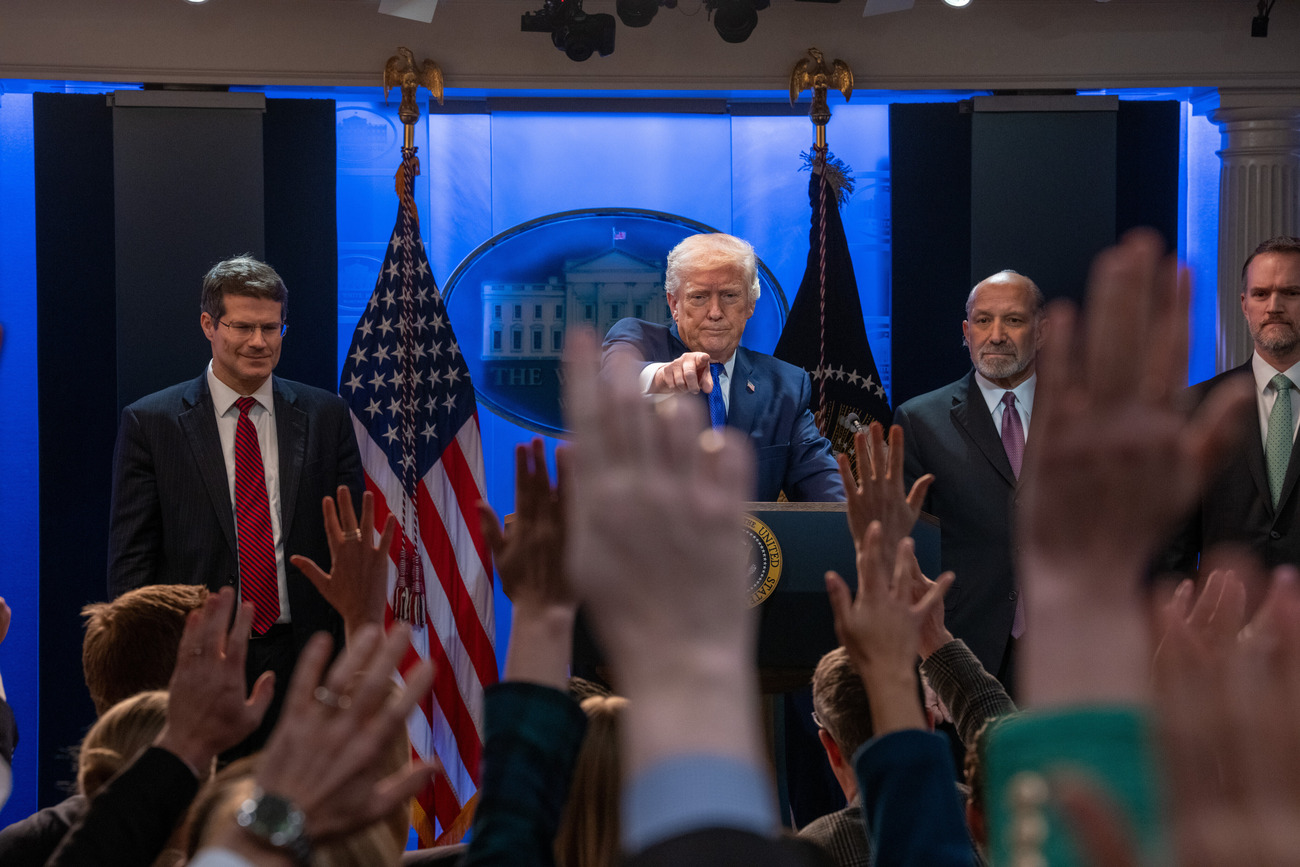With Brazil's economy holding steady in the face of worldwide financial worries, the country could play a leadership role on matters ranging from trade to economic policy. Yet concerns about a possible global downturn remain.
Negotiators produced limited breakthroughs in the World Trade Organization’s Doha round since 2006, when the negotiations were scheduled to conclude with an agreement. Yet, while Brazil and India disagreed with the United States and the European Union over lowering agricultural tariffs in 2007, Brazilian President Luiz Inácio Lula da Silva and EU President José Manuel Barroso spoke optimistically about chances to move Doha forward when Barroso visited Brasilia last week. Days later, Brazil’s leading trade negotiator told Reuters an agreement on industrial tariffs and farm subsidies “is within grasp.”
Rising food prices and tightened global food stocks closer together, but real action on the repeatedly stalled negotiations remains to be seen. Moreover, the expiration of President George W. Push’s “fast-track” trade authority means a Doha deal would face obstacles in U.S. Congress and create challenges for Washington to play a role. Still, the recent Lula-Barroso talks highlight increased attention on Brazil’s growing economic clout and its ability to press for trade liberalization.
Even as the global economic climate appears shaky, Brazil offers international investors “a safe haven from a sub-prime mortgage troubled world,” writes Desmond Lachman of the American Enterprise Institute. He suggests that, although protectionism experiences an upswing around the world, Brazil can play a leadership role among emerging economies in pressing for multilateral trade agreements. The Economist compares Brazil’s relatively tortoise-like 2007 GDP growth of 5.4 percent to neighboring Argentina’s 9 percent, saying Brazil may be better placed in the long run because of lower inflation rates. In January, Brazil became a net creditor, and many predict a strong 2008 of exchanges for the country. The National Investment Banking Association says the value of Brazilian mergers and acquisitions will reach record levels in 2008.
Others ask whether Brazil can emerge unscathed from a U.S. downturn. Miriam Leitao, a columnist for O Globo, points to signs of the Brazilian economy’s decoupling from the U.S.’, including a 36 percent rise in auto sales and 20 percent rise in durable goods sales in 2007. But, she wonders, given that the its economy began accelerating more recently in comparison with the rest of the world over the past half decade, “How much of the Brazilian economy will be affected by American recession?” Investors Business Daily warns that Brazil, like other large emerging markets, may find that it is not decoupling but, rather, “recoupling” with growing Asian and Middle Eastern markets.
An analysis by RGE’s Latin America Econometer evaluates recent Brazilian efforts to dampen the real’s appreciation and support export growth.







